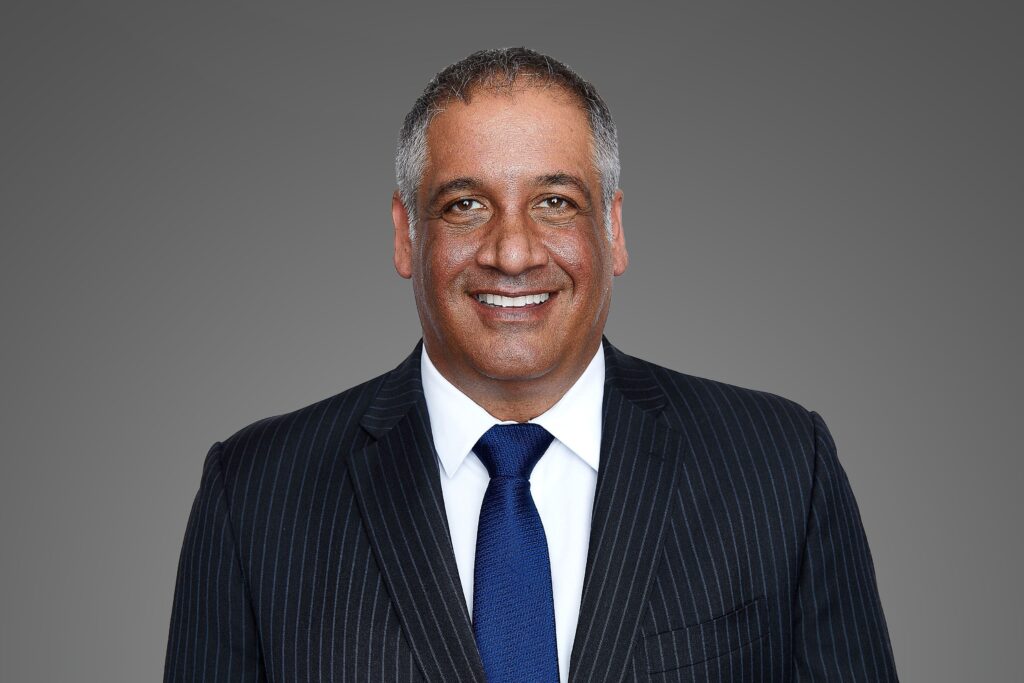Most people know that after a personal injury accident, they may be able to get compensation from insurance policies. What many don’t realize is that there may be more than one insurance policy and insurance provider to consider.
Because there could be multiple policies, if a person does not get just compensation, an insurance bad faith claim may be involved. This article will clarify the difference between first-party and third-party insurance claims and how bad faith plays into these situations.
If you need help with all these now, call 1-844-HAFFNER to speak to a personal injury attorney right away.
First-Party Claims
A first-party insurance claim is a claim that is filed by the person who is insured, with their own insurance company. The person filing the claim is also the one paying the monthly bill on their policy.
If this person gets into a personal injury accident — a car collision, for example — they will notify their own insurance company of the situation and will ask the insurer for fair compensation under the terms of the contract.
The following policy types are common first-party insurance claims:
- Medical bills covered by Med Pay
- Collision and comprehensive coverage
- Coverage for a rental car fee while waiting for repairs
- Uninsured motorist
- Underinsured motorist
- Even towing
Third-Party Claims
Third-party claims are made by someone who is not the policyholder with the insurance company of another person, who is likely the cause of a personal injury.
If a car driver suffers injuries in a vehicular accident, for example, and a different truck driver is the cause of this accident, then the car driver can file a third-party claim with the insurer of the truck driver and receive fair compensation, based on the terms of the contract with the truck driver.
Determining Who Is at Fault
In the examples for both the first- and third-party claims, the party at fault in the accident was either easily identifiable or not entirely relevant. But what if the situation is not as clear-cut as those mentioned above?
In some complicated cases, where the party at fault in the accident may not be readily apparent, those who suffered injuries may need to make multiple claims to different insurers. This may involve both first- and third-party claims.
Insurance Bad Faith
Insurance bad faith happens when an insurance company refuses to compensate an insured person fairly, despite being covered by their policy. Insurance holders can allege bad faith against their insurers if they experience the following:
- Not enough compensation based on the terms of the contract
- Denial of compensation, despite being covered
- Compensation is unreasonably delayed
In California, only first-party claims are entitled to allege bad faith against insurers. This means that if it is a third-party claim, the person cannot allege bad faith against the insurance company in the state.
In the third-party claim example, where the car driver is asking for the truck driver’s insurance company for compensation, if the insurer denies the claim, the car driver may not be able to allege bad faith. This is because insurance companies in California only have a duty of good faith with their own policyholders.
Legal Counsel
After a personal injury accident, the best course of action is to seek legal counsel. The guidance of a proven legal team can help identify who is at fault, file claims towards the appropriate insurers, cover liabilities, and seek fair compensation.
There are already too many things to worry about in these situations. Help from the right personal injury lawyers can significantly lessen the burden.
Whether you are filing for a first-party or third-party claim, or considering claiming insurance bad faith against your insurer, speak to one of our attorneys first for guidance. Call us at 1-844-HAFFNER.









